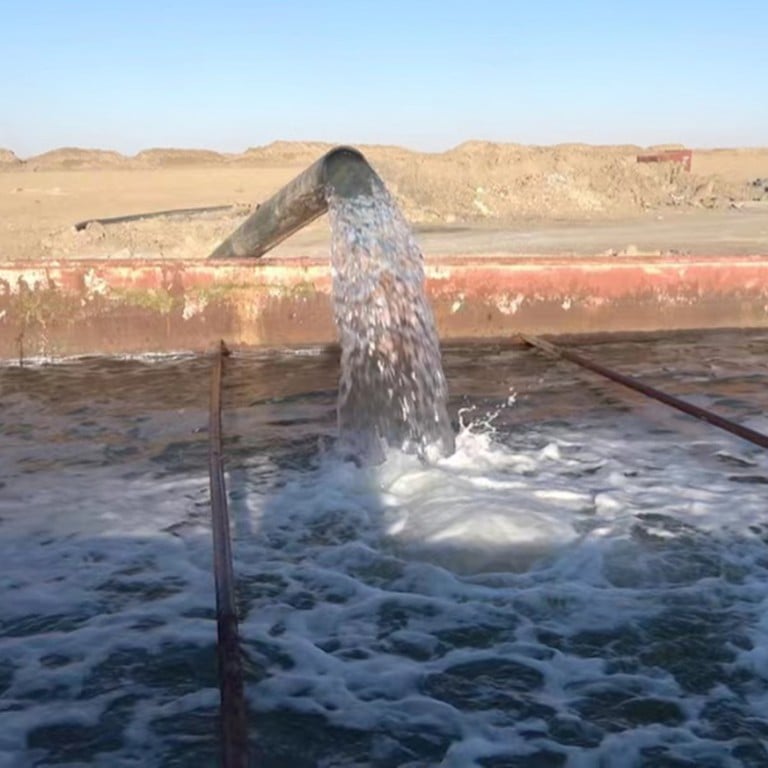
China targets miners and watchdogs in snap eco compliance audit
- Authorities turned blind eye to environmental violations at Qaidam Basin in Qinghai province, inspectors say
- Two operations falsified production accounts and one used grassland as a waste water site, according to report
Environmental inspectors in China have taken miners and regulators to task over violations at a major reserve of critical minerals in northwestern Qinghai province.
The team found that companies did not adhere to environmental protection guidelines while local governments did not do their job to enforce regulations, state news agency Xinhua reported on Saturday.
“The inspection team believes that relevant departments working at Qaidam prefecture’s salt lake have not paid enough attention to the requirement of high-level development when it comes to managing of natural resources, water conservancy, forestry and grassland in the area and have failed to supervise [the companies that operate there],” Xinhua quoted the inspectors as saying.
Two subsidiaries of state-owned China National Salt Industry Corporation (CNSG), also known as China Salt, falsified accounts of their production volumes to evade inspectors, Xinhua added.
In addition, one of the units, CNSG Qinghai Kunlun Soda Industry, “unlawfully” used 272 hectares (672 acres) of grassland as its waste water site, threatening nearby national nature reserves, Xinhua reported, citing findings from the inspectors.
Individual local departments turned a blind eye to the environmental problems in the salt lakes caused by unauthorised excavation, unauthorised tapping of groundwater as well as unlawful land use by state firms, the report said.
Local authorities also tried to pass the buck and blamed each other over the weak regulatory oversight.
The inspection team was just one of a number sent throughout the country last month as part of a new nationwide investigation into environmental compliance.
Teams were also sent to Fujian, Henan, Hainan and Gansu provinces for month-long audits, the Ministry of Ecology and Environment said.
After decades of rapid growth, China has been trying to rein in environmental damage from excess pollution and energy consumption by factories and industrial plants. Previous inspections have led to criminal prosecutions and fines.
The teams are often led by former senior officials and politicians, covering a specific province and region, to check how well China’s policies and standards are being enforced.
Liu Wei is leading the Qinghai inspection team, according to the environment ministry. Liu is a deputy director of the Education, Science, Health and Sports Committee of the 14th National Committee of the Chinese People’s Political Consultative Conference.


.jpg?itok=iQz726J3)
